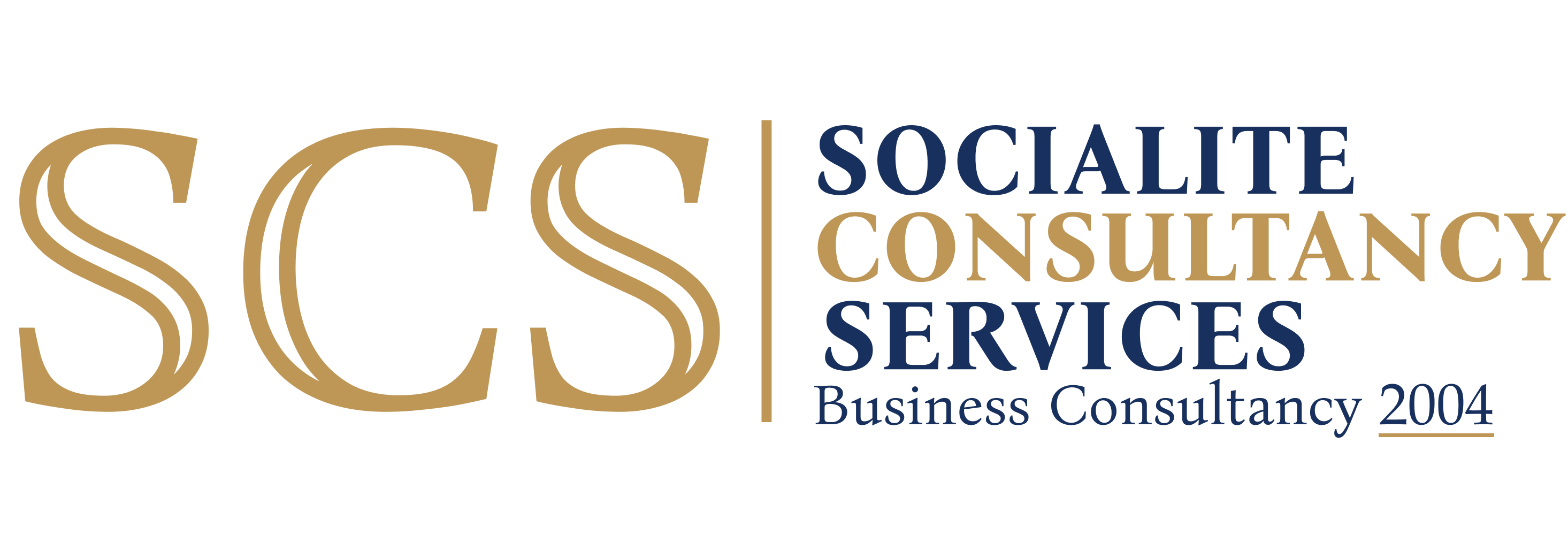Key Legal Requirements for Dubai Freezone Company Setup
An appealing option for businesses looking to take advantage of tax breaks, 100% foreign ownership, and a simplified business environment is to set up a company in one of Dubai’s free zones. However, it is crucial to comprehend the essential legal needs prior to a Dubai freezone company setup. These rules safeguard the business and the UAE’s regulatory framework while guaranteeing the effectiveness of the procedure.
Let’s assess the basic legal conditions that companies must meet to open a business in one of Dubai’s freezones.
Selecting the Appropriate Freezone
Selecting the appropriate freezone for your business operations is the first step in Dubai freezone company setup. Dubai offers more than 30 freezones, each catering to unique sectors such as technology, media, finance, logistics, and healthcare. For example, Dubai Internet City focuses on tech industries, while Jebel Ali Free Zone specializes in logistics and trading. The rules that apply and the types of business activities that are permitted depend on the freezone that is selected. Making sure the chosen freezone supports your business objectives is crucial.
Defining the Business Structure
When setting up in a Dubai freezone, you must decide on the legal structure of your business. The most prevalent structures are:
- Freezone Establishment (FZE): A company with just one shareholder.
- Freezone Company (FZC): A company with several shareholders.
- Branch Office: A division of an established domestic or global business.
The choice of structure will affect everything from liability and capital requirements to the scope of operations. Each freezone has its own requirements on the minimum capital required, which must be adhered to before the company license is awarded.
Obtaining the Necessary Licenses
Getting the right business license is one of the most important legal requirements. Licenses are granted by each freezone authority according to the kind of business operations you plan to conduct. Common license categories include:
- Trading License: For enterprises active in trading goods and services.
- Service License: For businesses offering services like management or consulting.
- Industrial License: For companies that produce or manufacture goods.
- E-commerce License: For companies that do business online.
Companies are limited to the activities that fall under the purview of their license. Obtaining additional approvals or multi-category licenses might be necessary if you wish to participate in more than one activity.
Submission of Required Documentation
The documentation process is a crucial legal requirement. The specific documents required may vary slightly depending on the freezone, but the general requirements include:
- A completed application form.
- A business plan.
- Passport copies of shareholders and directors.
- Proof of address and contact data for all shareholders.
- The articles of association (AOA) and the memorandum of association (MOA).
- Shareholder reference letters from banks.
- A no-objection letter from the current sponsor if applicable.
The freezone authority must receive these documents for examination and approval. Document notarization and attestation are additional requirements in certain freezones, especially if shareholders are not based in the United Arab Emirates.
Leasing Office Space
Firms are required to lease office space within the freezone to operate lawfully in a Dubai freezone. The size and type of office depend on the nature and scale of your business. Freezones provide a range of options, from full-floor offices to flexi-desks. Some freezones also provide warehouses and industrial units for businesses that require storage or manufacturing space. The office lease agreement is a mandatory part of the company setup process and is required to obtain your business license.
Entrepreneurs find Dubai freezone company setup appealing, but doing so requires managing a number of legal restrictions. These regulations guarantee that businesses run efficiently within the legal framework of the United Arab Emirates, from choosing the appropriate freezone and legal structure to obtaining licenses, office space, and visas.

